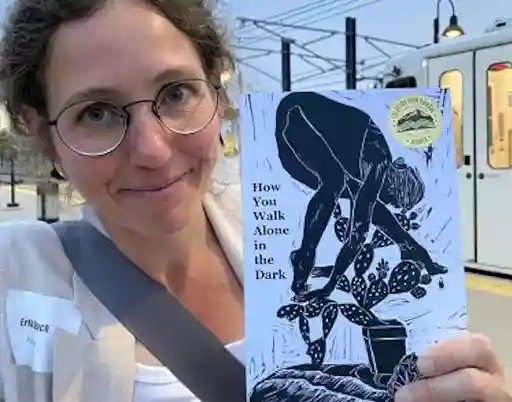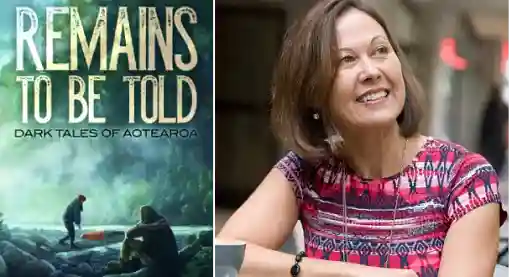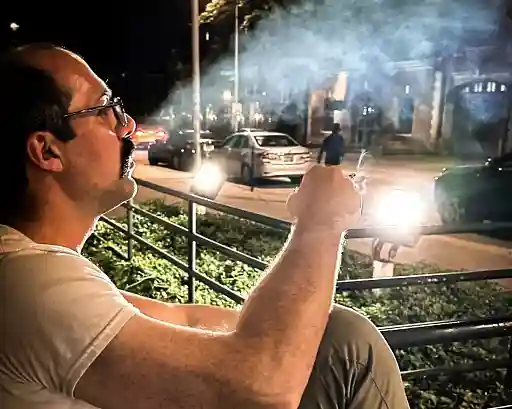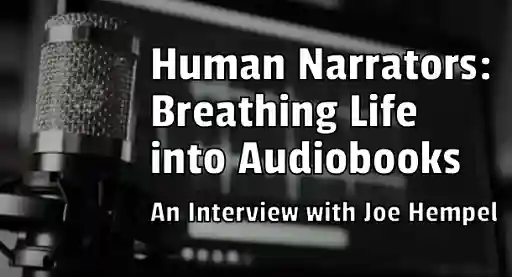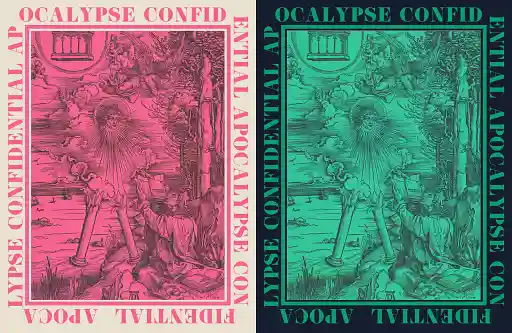Photo via author website
Erika T. Wurth’s stunning novel, White Horse, is captivating the country— and for good reason. Tucked within the pages of that hypnotic, smoky cover is prose that bites and a protagonist that bites harder. Once this novel has its teeth in you, it refuses to let go. I was delighted to sit down and talk to Erika about her writing process, her thoughts on craft, and what advice she’d give to new writers.
When did you start writing?
I knew very early on, probably around six or seven, that I wanted to be a writer, but the idea of putting words to the page was so overwhelming for me, that as much as I wanted to be a writer, I rarely wrote—but I read compulsively. However, I was a very nerdy kid, and I only read what we now call speculative literature, i.e., first fantasy, then horror, then science-fiction. I remember a relative giving me a copy of To Kill a Mockingbird and all I could think was WHERE ARE THE DRAGONS?! I do remember writing a very Stephen King-esque story when I was around twelve. I believe that it ended with, “Aaaaaaaa!”
Eventually, during my undergraduate years at Fort Lewis College, I did write a bit while in a writing group, mainly goofy poems I refused to share with anyone. But my parents were wildly opposed to me becoming a writer—so I didn’t take any creative writing workshops. I majored in English though, and let’s just say they weren’t happy about that either. I did, however, get into a Masters program that paid my tuition alongside a little stipend, so I guess they figured that I was determined to do my own thing, and that I’d found some sort of pragmatic path—but I was still afraid to take workshops. I was afraid that fully committing to being a writer was (financial) doom.
It was during this time a super kind doctoral student showed me a number of Native American literary periodicals that I could publish in. That was exactly when I realized I was moving down the wrong path. I created a kind of boot camp for myself where I wrote a short story every weekend. But it wasn’t until I started taking actual workshops during my Doctorate that I began to seriously pursue writing, ending up with a series of magazine publications in both poetry and fiction.
Once I had a tenure-track job in creative writing, I published a number of books: two collections of poetry, two novels, and a collection of short stories in the tradition of literary realism. But there was something missing that I came back around to when I started to write in the genre of horror—which to my mind, is still “literary.” I think it’s so important to remember that literary isn’t a genre, it’s a series of conventions: attention to form and language, complex characterization, and depth of theme. This is something you can bring to the subject of a dying marriage, or a novel about cops or spaceships.
What is your writing process like?
One of the things I was taught in college and graduate school was that if one was a true literary genius, one should only care about language, theme, and maybe characterization—structure should pour out of you naturally. I adored E.L. Doctorow’s metaphor that writing should be like driving at night—that one only needed to see a bit of the pavement ahead to keep moving. I really wish I hadn’t been taught that. As much as I worked, revised, struggled with structure—I would end up wandering, not really understanding what the most basic “beats” of fiction are.
I used to believe that I could write in an exclusively character driven way, but I learned with White Horse that I needed to read some very nuts-and-bolts books on craft—to think very concretely about structure. I think it’s wonderful when folks produce unique works of fiction—but the idea of singularity through simply being anti-narrative is weird. It actually seems to produce the most formulaic “experimental” literature—when there are folks like Rebecca Roanhorse, N.K. Jemisin, or David Mitchell writing incredibly complex structural novels that are also literary and speculative.
Would you consider yourself a plotter or a pantster?
I think folks are clear on where I stand on that by now, ha. But, to digress a little further, I think you can write a linear novel, with all of the traditional “beats” of a catalyst, a climax, etc., and have a tremendously unique novel. There are all kinds of ways to deviate in interesting ways, but there’s nothing wrong with knowing what the basic formula is. It doesn’t mean you’re going to be formulaic, it just means that, to make a baking analogy, you know that thyme doesn’t go in a brownie. And if it does? I’m not eating that brownie, man.
Do you have a typical writing day? What does it look like when you sit down to write?
I think when you’re working a traditional job, you can leave a half-an-hour early and take two hours to write before you make dinner (or you can get up early). And it’s hard when you have kids, and/or big family responsibilities. But as someone whose primary job is being a professor, I have to structure my own time, so I try to allot time for writing in the mornings. I get up, have coffee, walk the dogs, and just start writing until I can’t write anymore. If I can spend the whole day writing on and off, I’ll do that.
It’s so important to remember that it’s not a race. You have to figure it out on your own time and according to your own schedule. Even if you can only write one page a day, in three years—a perfectly respectable amount of time to write a novel—you’ll have a novel. But I think humility is key: read. Read the craft books. Talk to other writers, and don’t assume they have time to read your work. Understand that most writers, on average, make $1000 a year. And if you’re 100% sure that you’re going to be the exception, know that 100% of writers think this. Write because you love to read, and then write a lot, and practice your craft. And try to find joy.
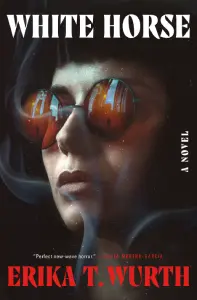 You've written stories in various forms and lengths, do you have a favorite?
You've written stories in various forms and lengths, do you have a favorite?
Stephen King called the short story a kiss in the dark, and I really love that. There was a time when I couldn’t imagine not writing poetry. But with the exception of my more dreamlike sequences, or a particularly polished sentence, poetry is dead for me. It really is the novel that I love, especially because I understand structure better. I love the way novels invite people to read for a sustained—usually at least 80,000 word—period of time, and the way the novel pulls someone into a world through compulsion and mystery, and allows them to inhabit another world for a time.
What advice would you give to new writers?
I think the primary piece of advice is what every writer says, which is read. If you don’t love to read, why do you want to be a writer? But also, really pay attention to the genre you love reading instead of what people tell you to love, regardless of what that is, because that’s the genre you should be writing in. What did you love as a child? What do you read when no one is watching? That’s your genre. At the same time, it’s so important to read outside of the genre you’re most into. For example, my book has a crime at the center of the narrative because I read crime literature—those folks are bang up when it comes to plot and structure.
MFAs are wonderful. They allow you a minimum of two years to really focus on the writing, hang out with a built-in writing community, and find out about the politics and the nuts-and-bolts of writing. But if you don’t have the time, you can also take outside workshops. There are two-hour workshops, one week asynchronous workshops. And, if you can’t take the classes to get the nuts-and-bolts of writing, read craft books like Save the Cat by Blake Snyder, Thrill Me by Ben Percy, Damn Fine Story by Chuck Wendig, and Mastering Suspense, Structure, & Plot by Jane Cleland. You should read those regardless, actually. I love fancy craft books! But they don’t tend to be particularly helpful when it comes to the basics of novel writing.
The big thing, though, is community. Without other writers to bolster you, to inspire you, to tell you what you’re doing wrong or right, you’re lost. Get on social media and follow your peers—not just the famous writers in your genre—but the up and coming writers. Boost them. Read them. See what they’re doing, what magazines they’ve published in. And then get to work—process that envy and don’t let it stop you from building community. That’s the one thing that makes all of the typing and revising and lost hours and rejection worth it, is folks who are going through the same thing.
Get White Horse at Bookshop or Amazon
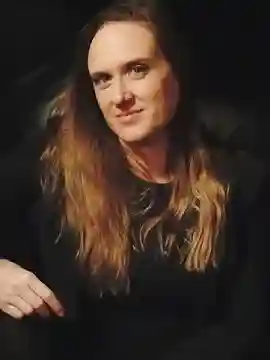
About the author
Jena Brown grew up playing make-believe in the Nevada desert, where her love for skeletons and harsh landscapes solidified. In addition to freelance writing, Jena blogs at www.jenabrownwrites.com. When she isn’t imagining deadly worlds, she and her husband keep busy being bossed around the Las Vegas desert by their two chihuahuas.
